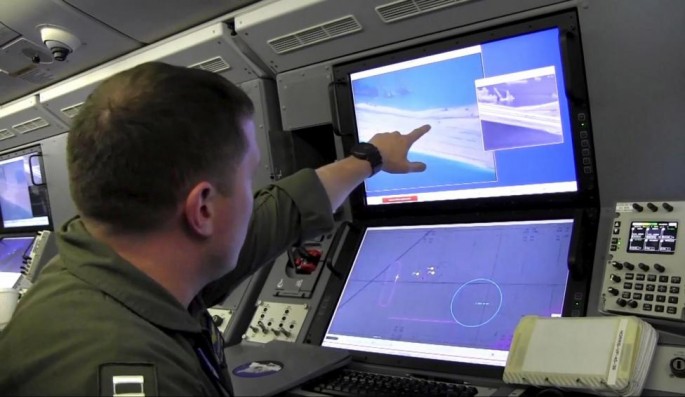After constructing South China Sea’s largest airfield on Fiery Cross Reef in the disputed Spratly Islands, China is set to build another one at neighboring Subi Reef to further project its air power in the region.
With an airstrip around 3,000 meters long, the airfield at Fiery Cross gives China the ability to deploy strategic bombers and other military aircraft to the region, according to a report from the Want China Times on Thursday.
Recent satellite images also indicate that Subi Reef, located at the northern end of the Spratlys, may also house another 3,000-meter runway through land reclamation.
Andrew Erickson, an associate professor at the U.S. Naval War College, told the Wall Street Journal that the new airstrips would enable China to conduct patrols in disputed areas in the South China Sea that would have previously been operationally taxing.
"It could also offer new deterrence and war-fighting options, particularly in a region with few formidable air forces," he said.
According to the U.S. Office of Naval Intelligence (ONI), China has reclaimed hundreds of acres of land to support both "law enforcement and naval operations" around Spratlys since 2014, earning the ire of other countries with claims on the region.
In July, Supreme Court Associate Justice Antonio Carpio of the Philippines warned that China may soon militarize Scarborough Shoal in the eastern part of the region in order to defend the Bashi Channel as its claimed maritime perimeter.
Scarborough Shoal is of strategic importance to China because it is along the sea lanes between Hainan and the Bashi Channel, Carpio said in an interview with GMA News.
Chinese officials have repeatedly deflected criticism of the reclamation work on the grounds that China has the sovereign rights to conduct construction projects in the area.
In April, Chinese Foreign Ministry spokesman Hua Chunying said that the artificial islands would be used for "military defense" along with a range of civilian purposes.




























